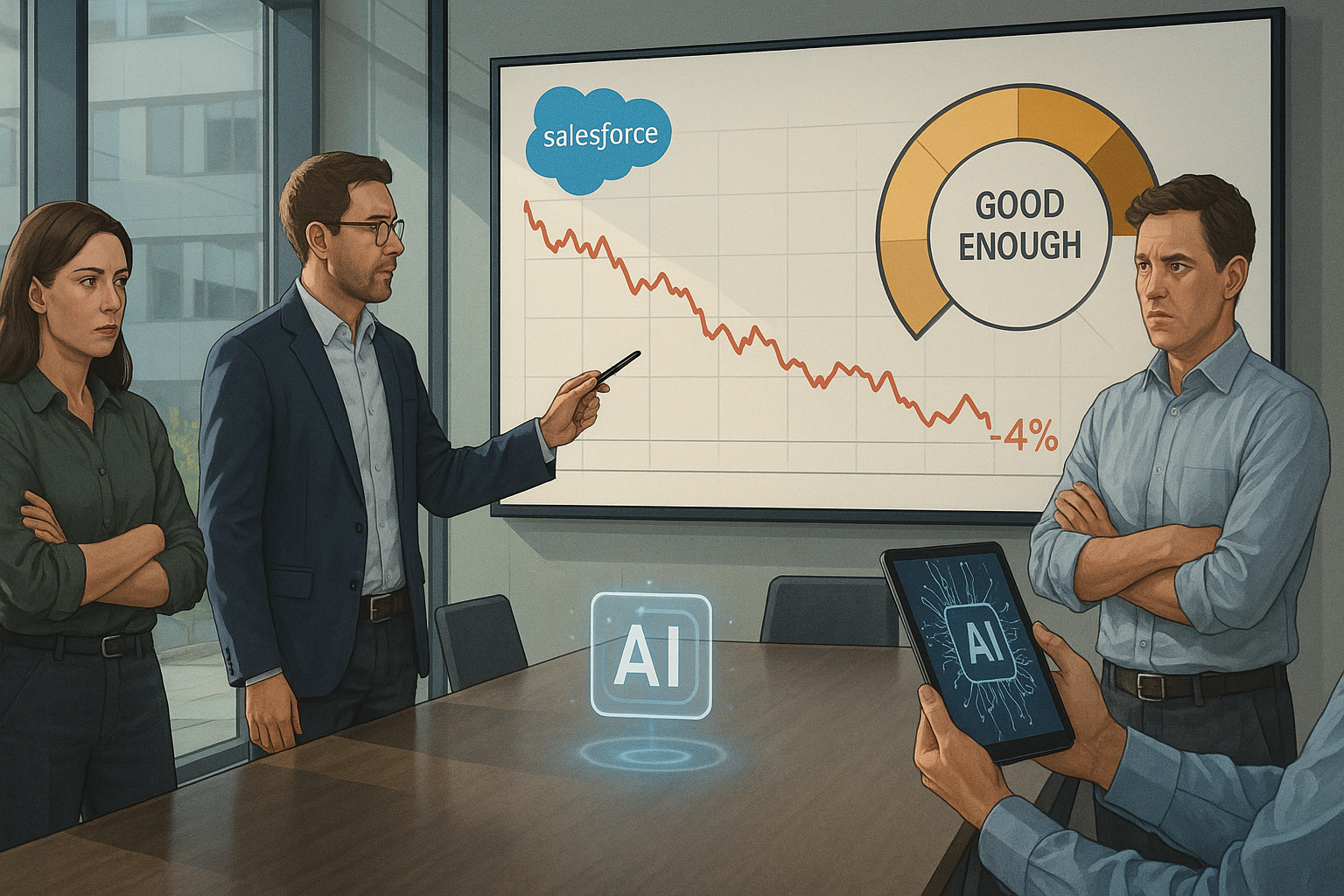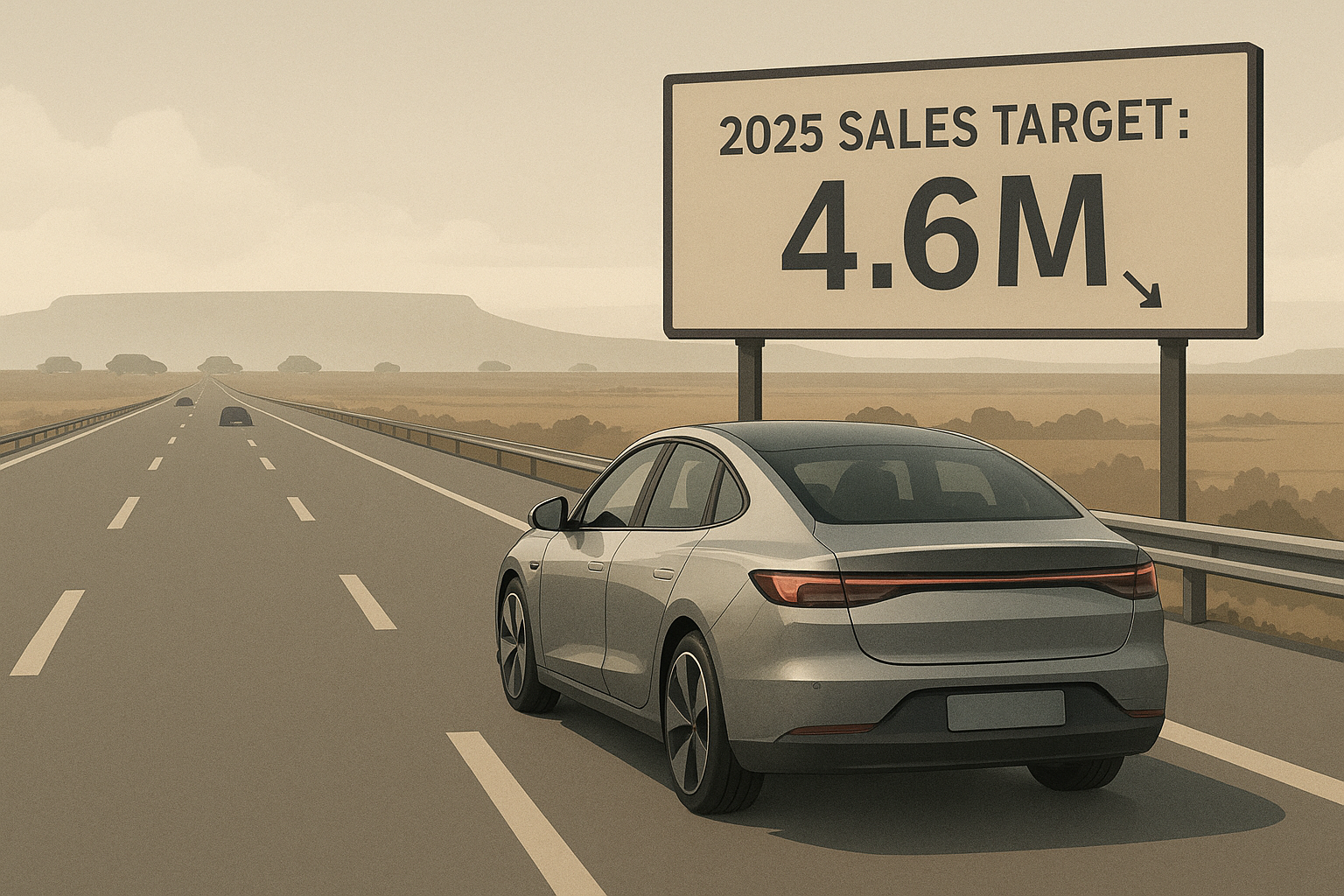The vultures are circling Mountain View. Or at least that's what Wall Street seems to think.
Google's parent company Alphabet took a bruising 15% stock hit recently, and everyone's pointing fingers at the same culprits: Perplexity and OpenAI. The mere suggestion that these AI upstarts might be about to "disrupt" Google's search business has investors spooked. Nothing makes Wall Street break into a cold sweat quite like that d-word being aimed at a company's bread and butter.
And make no mistake—search is still the juggernaut that powers Google's empire. A whopping 74% of their $67 billion Q1 ad revenue came from search alone. Strip away all the moonshots and side projects, and Google remains fundamentally a company that sells your eyeballs to advertisers while you're looking for information. That's the business model, plain and simple.
What's fascinating here is the vulnerability in Google's armor. According to documents from the DOJ's antitrust case, about 35% of all Google searches start inside Chrome. It's a straight line: Chrome dominance (currently hovering around 68% global market share) → search traffic → advertising dollars. It's beautifully efficient... until it isn't.
I've been covering tech markets for years, and this kind of single-point dependency always makes me nervous. Barclays analysts estimate that just a 5-point drop in Chrome's market share could bleed out more than $3 billion in quarterly search revenue. That's not a paper cut—that's a major hemorrhage.
But let's pause and take stock for a moment, shall we?
Google has dominated browsers since Chrome launched back in 2008. Microsoft's Edge, its closest competitor, limps along with roughly 13% market share. That's a pretty wide moat Google's built for itself, and they've been quietly reinforcing it with AI integrations that most of us use without even realizing it.
What's particularly odd about this moment is how markets are pricing in competitive threats that barely exist yet in the real world. OpenAI's browser is still vaporware (though allegedly "weeks away"), while Perplexity's "Comet" browser exists but isn't exactly a household name. The market seems to be treating these potential competitors as if they've already arrived and conquered.
It reminds me of the Netflix panic attacks that happened every time a new streaming service was announced. Remember when Disney+ was supposed to be the Netflix killer? Or HBO Max? The market consistently overestimates how quickly users abandon platforms they're comfortable with.
Google's search business also has room to grow. Historically, only about 20% of Google searches could be monetized. With better AI-driven personalization, that percentage could increase substantially. The funnel isn't just defending against leakage—it might actually be widening.
Looking at cold, hard numbers, Alphabet now trades at roughly 17x forward earnings after the recent slide. For a company delivering double-digit growth and 34% operating margins... well, that starts to look pretty appetizing if you believe their AI capabilities are even half as robust as their search dominance has proven to be.
The big question mark on the horizon is the antitrust ruling for Chrome expected in August. That's the known unknown. The unknown unknown? Whether people actually want a fundamentally different search experience. Two decades of habit aren't easily broken, even by flashy AI interfaces with personality.
Look, the real challenge for Perplexity and OpenAI isn't just building better technology—it's changing deeply ingrained consumer behavior while somehow overcoming Google's massive distribution advantages and nearly unlimited resources to fight back.
So how much trouble is Google really in? The market is pricing in a stumble, not a collapse. While browser competition clearly threatens Google's financial architecture, declaring the search king dead seems... well, ridiculously premature. This feels more like a healthy reality check than an existential crisis.
After all, Google has faced would-be usurpers before. Remember when everyone was going to switch to Bing?
Yeah. Me neither.




